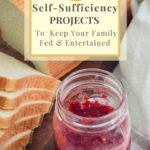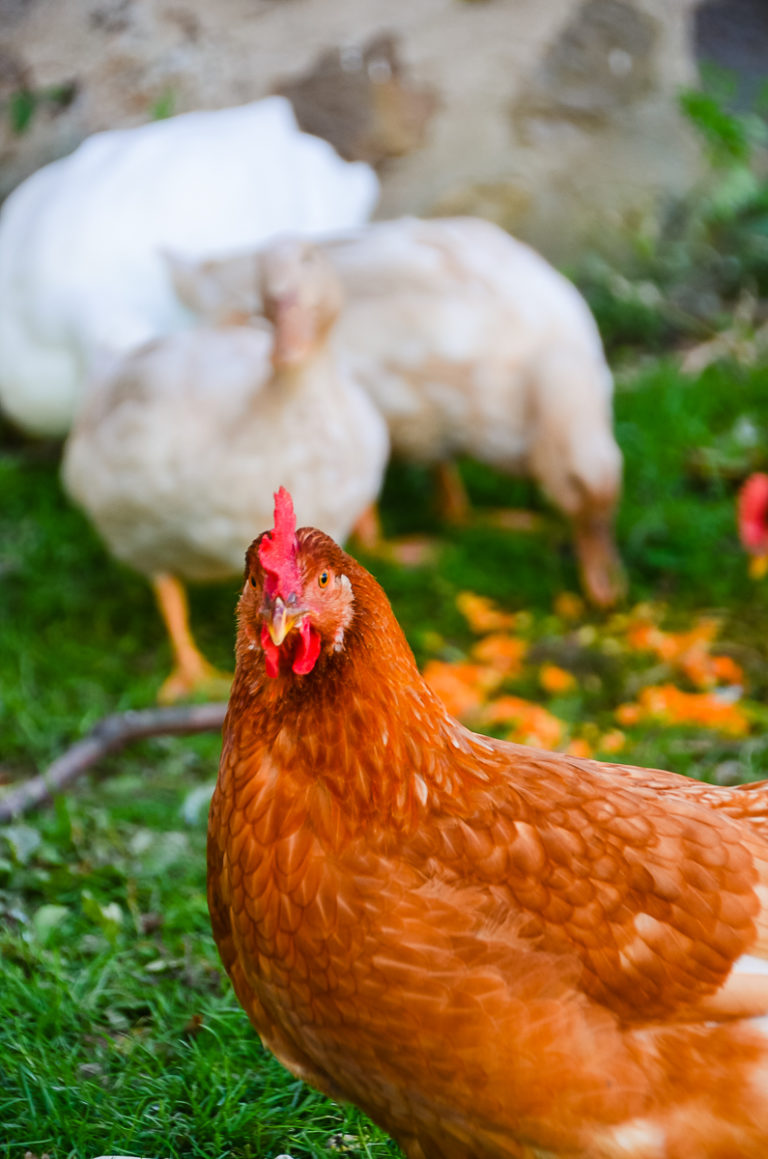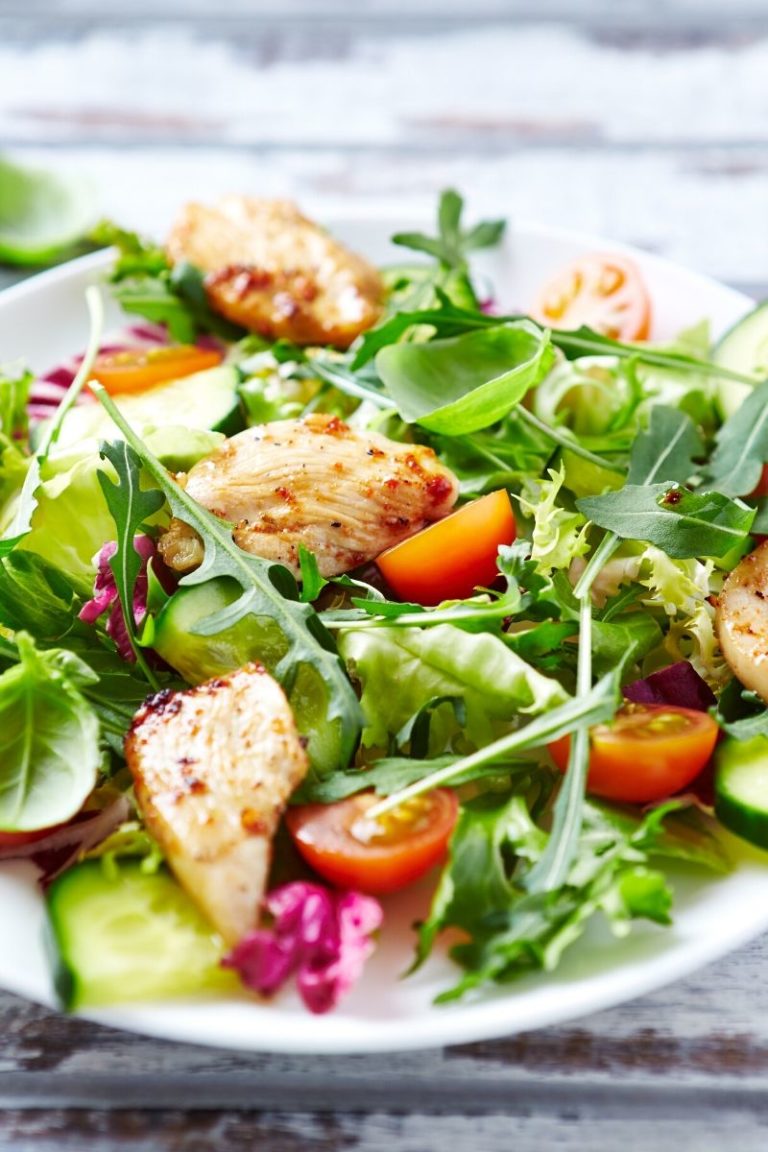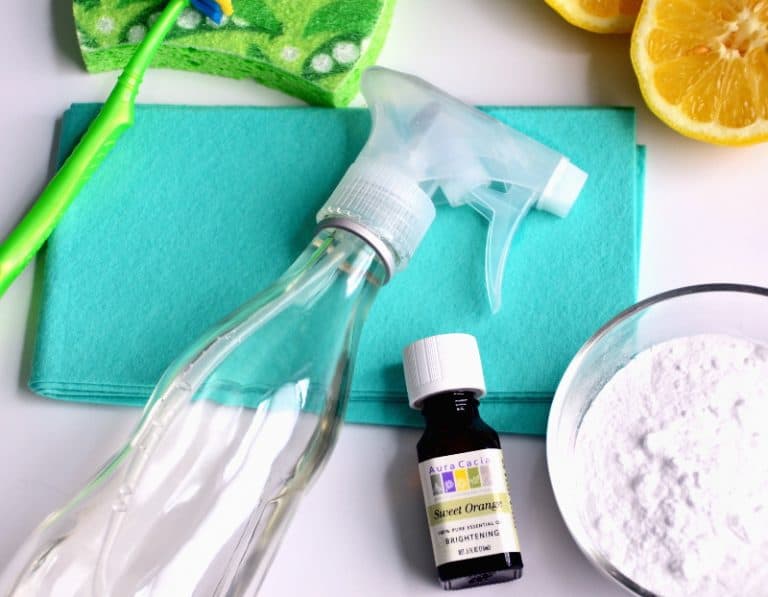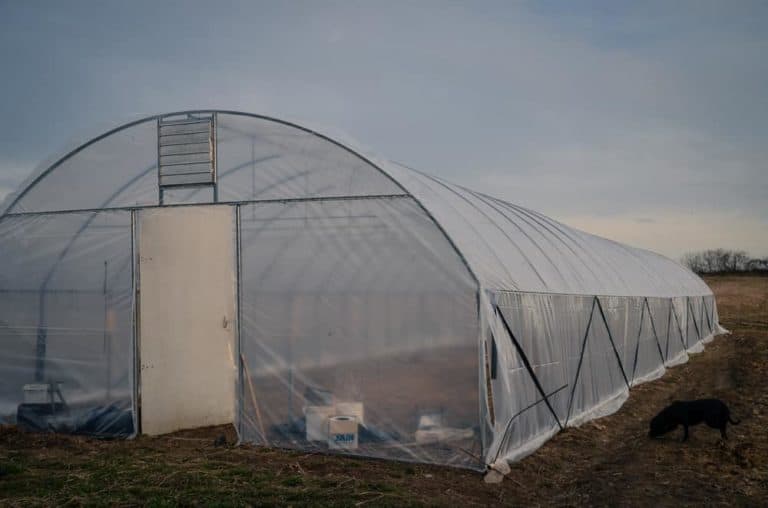Self-Sufficiency Projects To Keep Your Family Fed and Entertained
Food production and preservation projects that are actually valuable life skills.
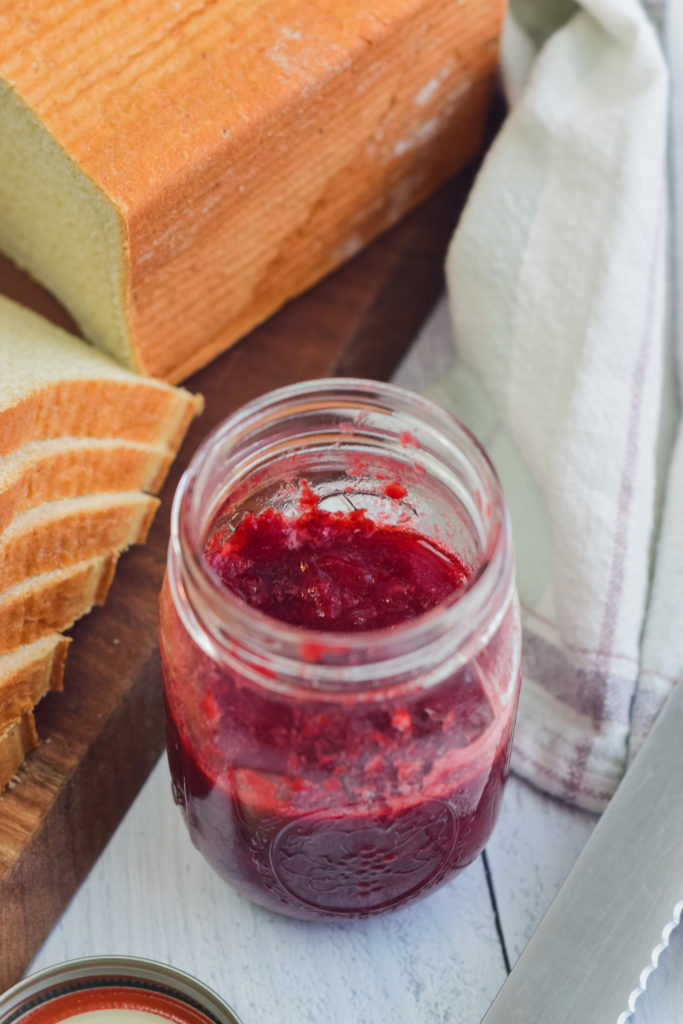
We have been given the unique gift of time recently, and while some if it has been extremely stressful, what better way to spend this time than learning some skills to make your home more self-sufficient.
Recently Governor Cuomo gave the advice that New Yorkers should be “proactive instead of reactive”, I love that advice! Becoming more self sufficient will not only help fill your days, but arming yourself with new found skills may also help ease some anxieties in the face of an uncertainty.
I have been including all of these activities in my days lately, some have filled an immediate need, and others are a welcome distraction and help me prepare for the future.
Self-Sufficiency Projects To Keep Your Family Fed and Entertained
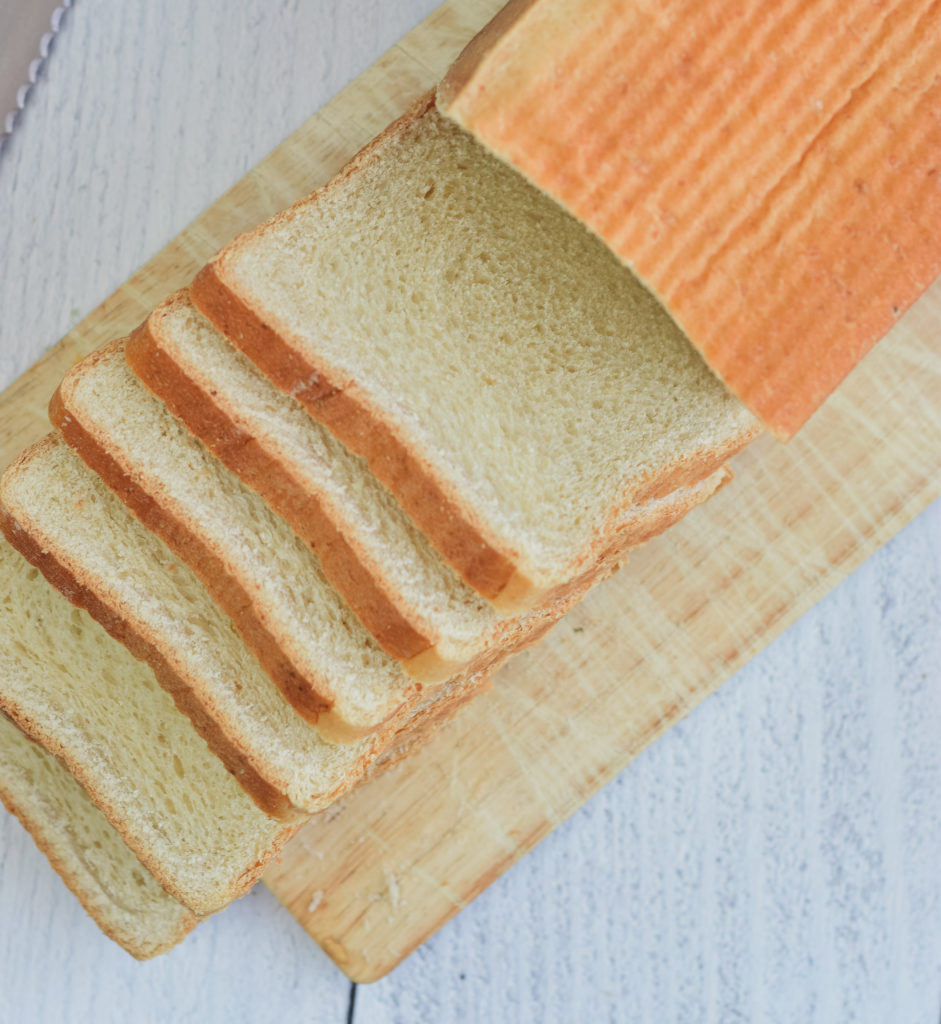
Bread Making
There is something so comforting about the aroma of baking bread in the oven. Homemade bread is well worth the effort, especially since breadmaking is not nearly as difficult or time consuming as many people believe. I taught myself how to make bread as a hobby years ago, and I never dreamed I would be making bread out of necessity, but have made several loaves to delay trips to the grocery store. If you have a dutch oven no knead bread is the perfect starting place.
Jam Making
If you have some frozen berries, sugar and lemon juice that is all you need to make your own homemade jam. Like bread making, I have turned to small batch jam making to help me avoid the store. My teenage son has a affinity for PB&J, and I have been able to stretch the time between runs to the store by making small batch jam from frozen berries.
Traditional Jam recipes usually produce larger quantities for canning, but small batch jam making without pectin creates extremely flavorful and richly colored jam. Jam made without pectin is a little softer and looser than jam made with pectin, but learning this technique means that you can make jam at almost any time with ingredients you probably have on hand. If you find your small batch jam is too runny or loose there could be a few reasons why, but I have a few tips to help you fix it!
Garden Planning
During WWI and WWII Americans dug in and started making a real effort to grow the majority of their own food to reduce pressure on the public food supply amid food rationing and food shortages during WWII. By May 1943 about 1/3 of the vegetables produced in America came from the over 18 million Victory Gardens. Growing a Victory Garden not only helped to feed families, but it also was a morale boost, making home gardeners feel empowered. During the current level of uncertainty bringing back victory gardens just feels right. If you need some inspiration check out my post on Garden Planning, and how much will feed my family.
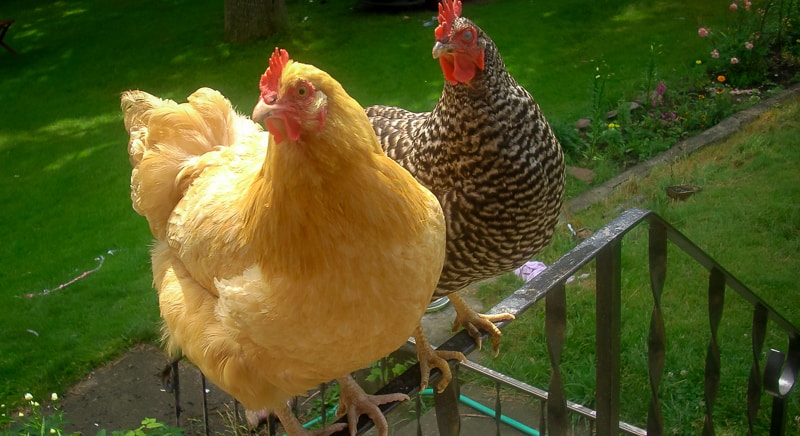
Raise backyard farm animals
This may sound like diving off the deep end, but honestly now is the perfect time to put an order in for chicks to fill your coop for the first time, or add to an existing flock. Already have chickens and want to expand? Ducks, bees and meat rabbits are also fairly easy additions to the backyard farm. We converted an old shed to house our flock, but there are planty of free plans for chicken coops, rabbit hutches, and bee hives to keep you busy while you wait for delivery of your new backyard farm animals.
Make Cultured Foods
Sauerkraut, Pickled Vegetables, Yogurt, and Sourdough Bread are all examples of cultured or fermented foods that you can make at home without a lot of expensive or specialized equipment. Fermentation is the oldest form of food preservation, and is enjoying a surge in popularity again. Fermented foods contain probiotics that are thought to promote a healthier digestive tract and boost immunity. If you have kids at home these fun food projects can double as a science lesson!
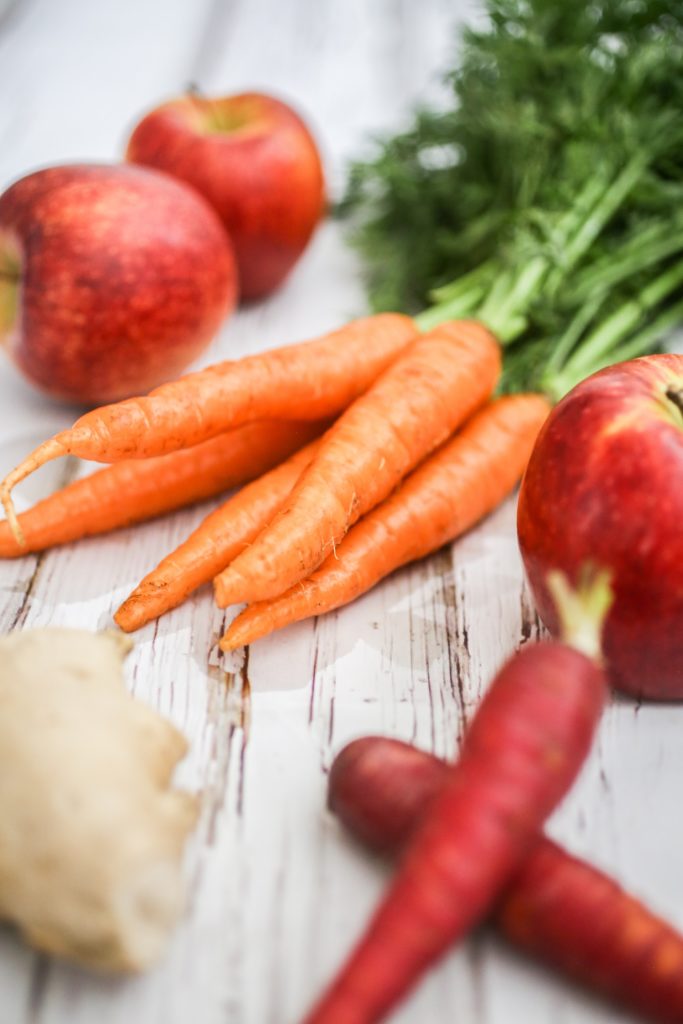
Start a vegetable garden. Learn to bake and preserve foods. Seriously consider keeping a few hens in your backyard. All of these are worthwhile skills, and will surely come in handy when keeping your family feed and offer a welcome distraction.
I hope I’ve inspired you to learn a new skill that supports self sufficiency.

